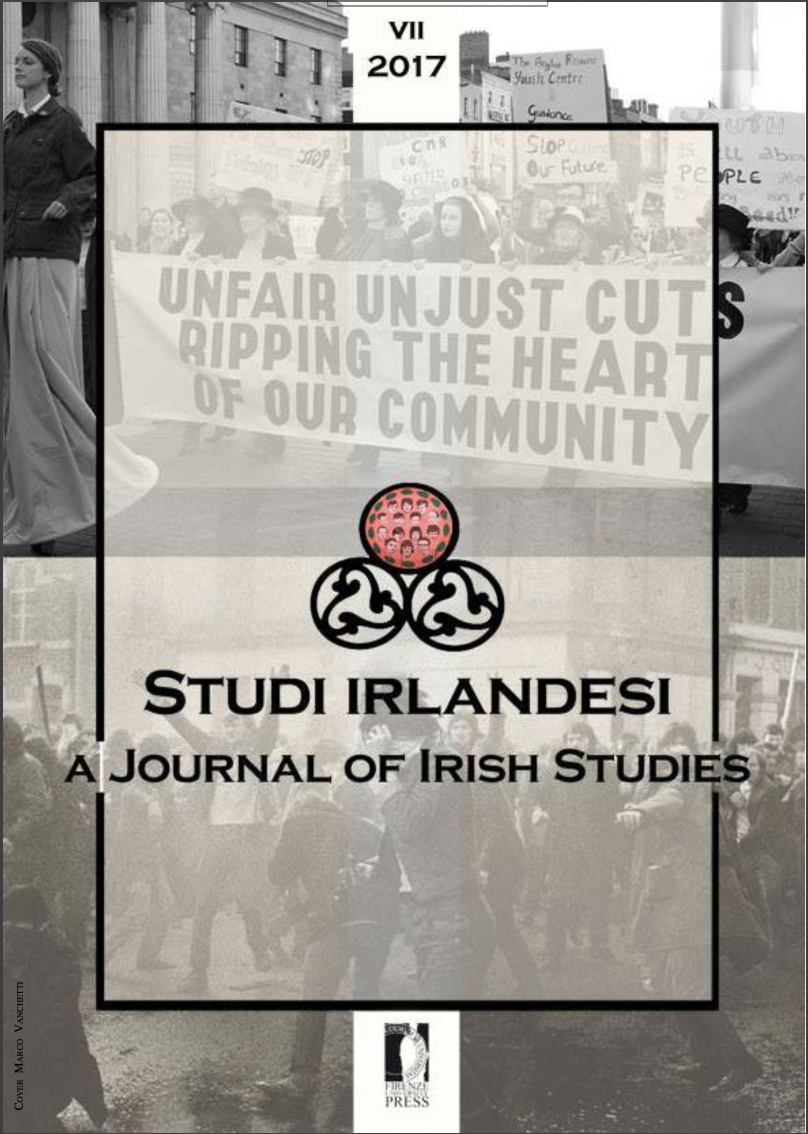Published 2017-06-08
How to Cite
Abstract
Within the realm of Edgeworth studies, Whim for Whim (1798) has been a play unexplored by researchers until it was brought to light in 1999 thanks to the complete edition of Edgeworth’s oeuvre. This article focuses on three points in this comedy: drama represented a new genre for the Anglo-Irish author; Whim for Whim contains many topics later developed in Edgeworth’s canon; and Edgeworth deals with a very controversial issue, abolitionism, by featuring a black character for the first time in her writings. By referring to the work of post-colonial and eighteenth-century scholars, I argue that Edgeworth uses the black figure to affirm her reliance on enlightened tenets and her political position towards Great Britain as a Union; but, at the same time, there is a great deal of instability and criticism in her play suggesting that Edgeworth was not blind to the marginalization of the blacks in England. Also, the incorporation of other forms of slavery affecting the high classes and woman reveals that Edgeworth’s critique was extended to intellectualism and gender.


